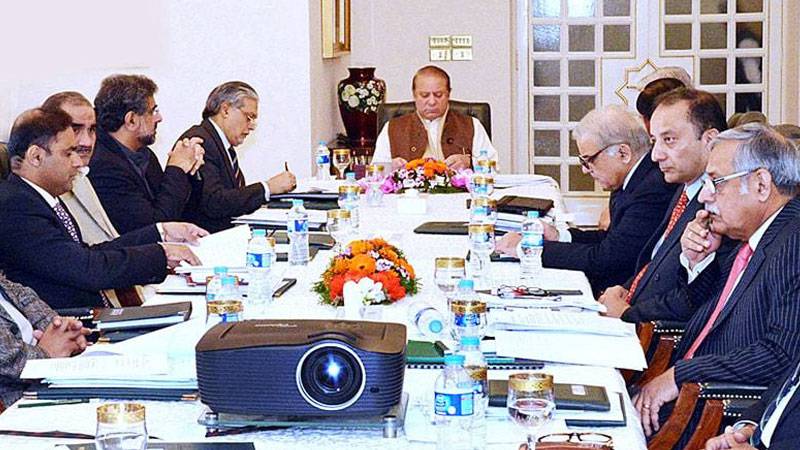The government insists that it will complete the transactions of at least three major public sector entities by June this year, and it must do well on this promise. In addition to Pakistan Steel Mills (PSM), the government has decided to complete the transactions of Pakistan International Airlines (PIA) and the Oil and Gas Development Company Limited (OGDCL). The main reason for the decision is to control the bleeding of revenue and to get the state owned entities running on a sustainable basis.
The Cabinet Committee on Privatisation (CCoP) is set to meet shortly to approve the transaction structure of PSM and the tripartite concession agreement, following which the formal process will begin, to lease the mill for 30 years to an Iranian company. However, to dampen the enthusiastic plans of the government, as is common in the case of state owned entities, the National Assembly’s Standing Committee on Industries and Production has said it will not approve the Privatisation Commission board’s proposal to lease out Pakistan Steel Mills (PSM) for 30 years until it receives further details on the issue. The Privatisation Committees Board had agreed on January 17 to a proposal to lease out PSM for 30 years under a revenue sharing agreement, but will not be able to do so till the standing committee offers its terms and conditions.
Regarding PIA, under the ambitious leadership of Planning and Development Minister Ahsan Iqbal, a business plan is being prepared to split the national carrier into two companies. Considering that the government on Wednesday allowed another bailout package for the troubled national airline, approving a request for increasing the government’s guarantee limit by Rs10.5 billion to Rs161.5bn to address its immediate challenges, the dream of finally privatising the bleeding entity seems slim at best. While the privatisation of PIA remained a topmost priority of the PML-N government since 2013, in April 2016, parliament amended the PIA law to convert the entity into a limited company and prevented the government from selling majority stakes and giving up management control. Fierce resistance to privatisation by opposition parties and labour unions made the plan politically sensitive and the government caved to these pressures.
The OGDCL transaction has been postponed continuously since 2014 due to political pressure and a significant drop in global oil prices. The government halted multibillion-dollar privatisation of all power distribution and generation companies for fear the sell-off would cost it the next parliamentary elections.
While the government meanders with these project and promises, taxpayers continue to pay for the massive losses of these enterprises. There is no excuse, moral or economic, to continue to bailout these failures.






